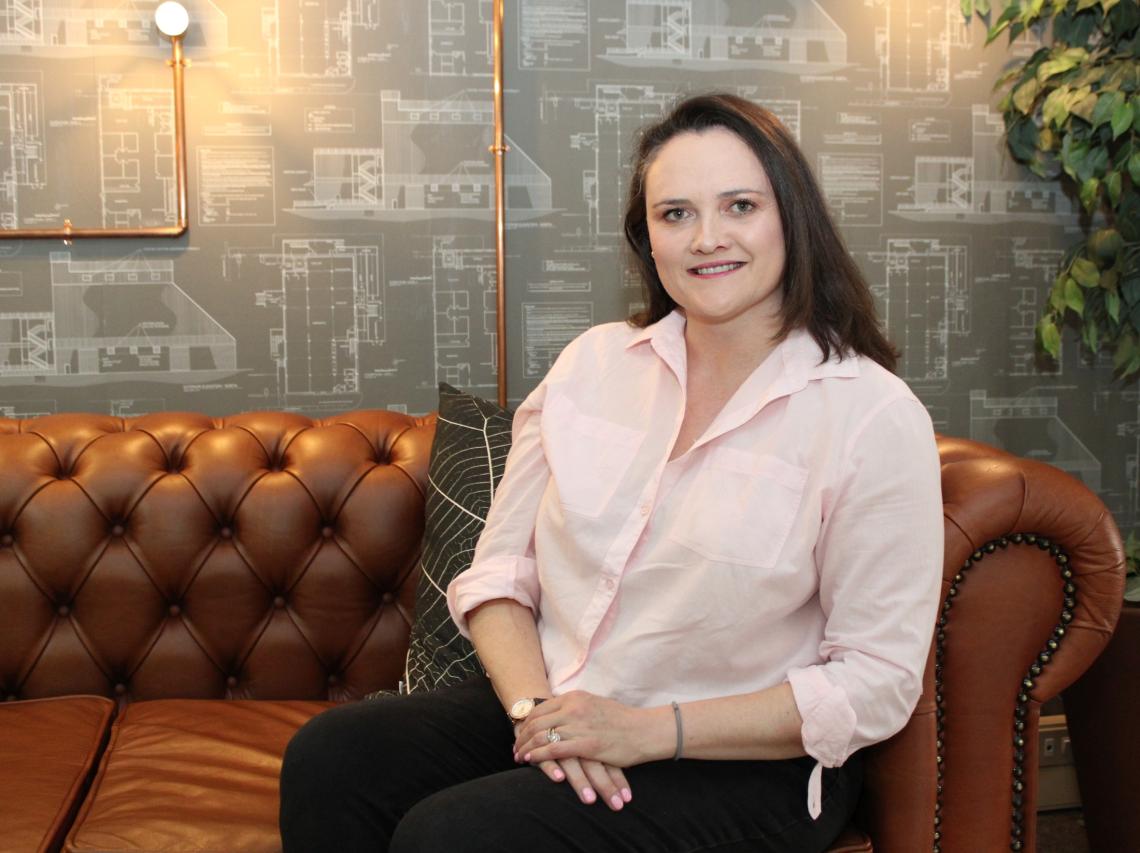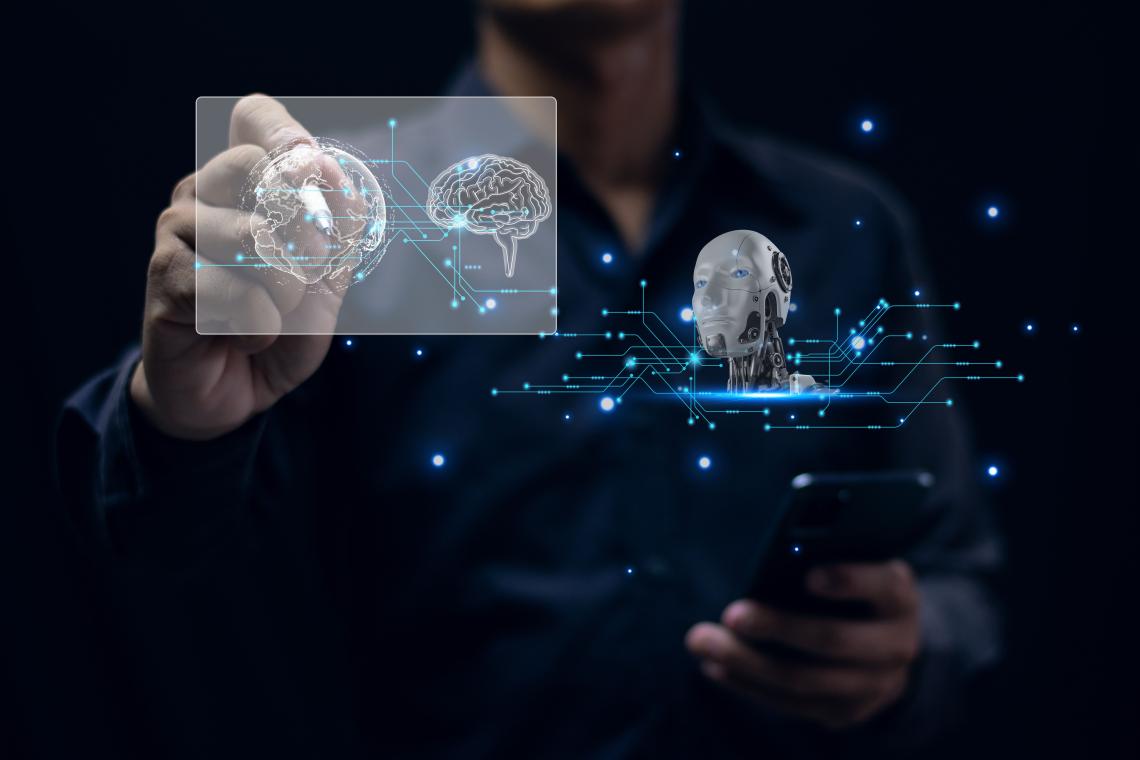
Overview
Healthcare Systems Engineering at the NWU bridges engineering and healthcare. It originated with Dr. Maria van Zyl, whose doctoral research in the Netherlands focused on waiting in healthcare services. From this foundation, a transdisciplinary team has grown, combining engineering, nursing science, and industry partnerships to rethink how technology, systems, and people interact in healthcare — in South Africa and beyond.


Innovation & Technology
The initiative applies simulation, operations research, data analytics, and machine learning to healthcare challenges. These tools are not gadgets for their own sake — they are intelligent systems designed to improve patient outcomes, optimise resources, and support healthcare professionals.
- Healthcare Processes: Using modelling and simulation to reduce waiting times and congestion in hospitals.
- Healthcare Workforce Planning: Data-driven approaches to improve nurse wellbeing, shift allocation, and organisational performance.
- Education: Applying serious games to train engineers and healthcare workers in Industrial Engineering principles.
Impact & Outcomes
The work translates directly into lives saved, resources preserved, and communities empowered.
| Type | Details |
|---|---|
| Personal Impact | Patients experience shorter waiting times, safer treatment journeys, and earlier diagnoses. |
| Social Impact | Partnerships (e.g. Shonaquip) deliver affordable mobility devices and support social inclusion. |
| Institutional Impact | Elevates NWU as a hub for healthcare engineering; produces graduates ready to impact health systems immediately. |
| Economic Impact | Efficiency in ICUs, transport, and workforce planning saves hospitals money and strengthens the economy. |
What Lies Ahead
Healthcare Systems Engineering is partnering with NWU’s new medical school to integrate systems thinking into medical education. Collaborations with the University of Twente expand into simulation and serious gaming, while global engagement ensures South African perspectives are represented internationally.
The future goal: real-world implementation of every model and algorithm to directly support healthcare professionals.
Sustainable Development Goals
- SDG 3 – Good Health & Well-being: Strengthening healthcare systems at all levels.
- SDG 4 – Quality Education: Equipping students and professionals with data-driven skills.
- SDG 10 – Reduced Inequalities: Delivering efficient healthcare resources and mobility devices to underserved communities.
